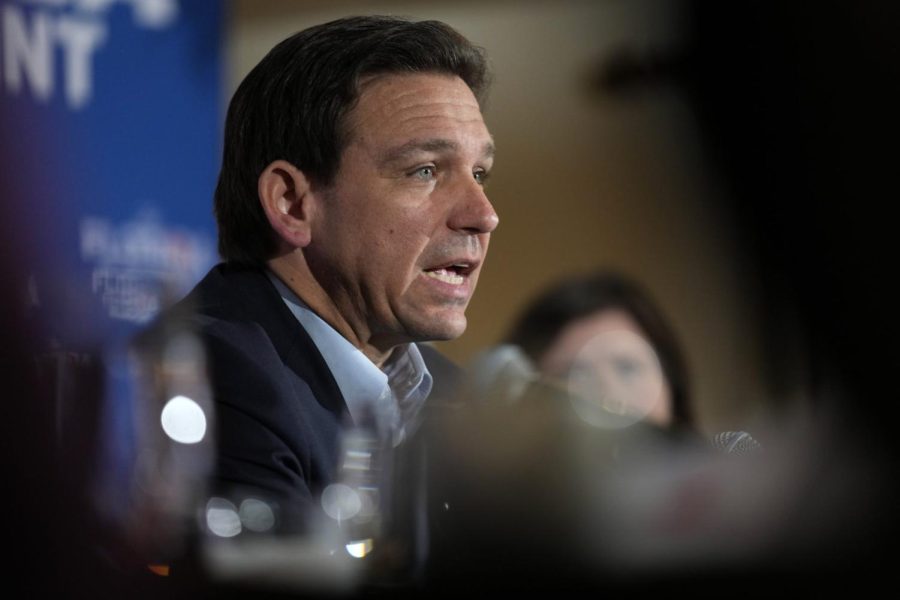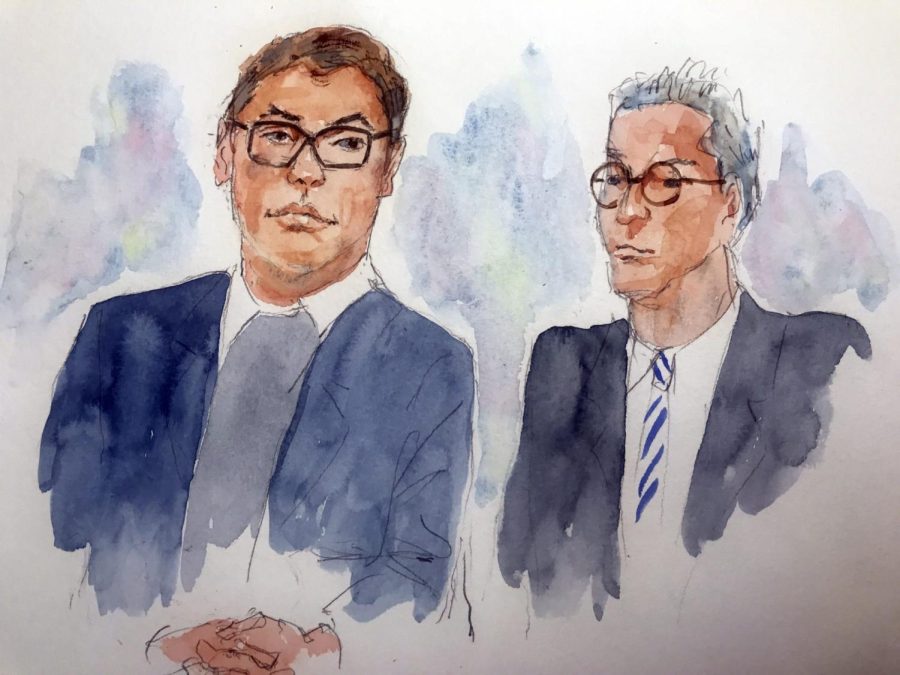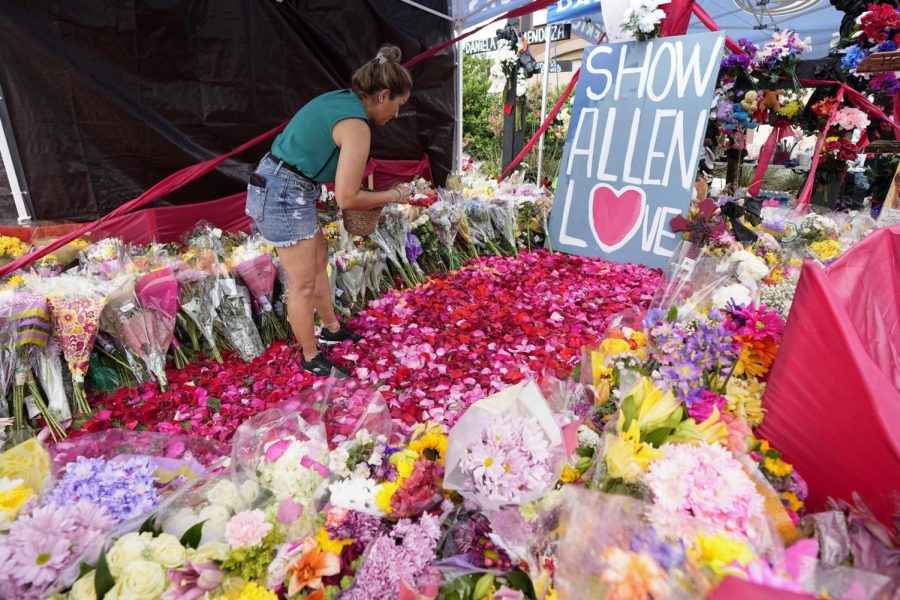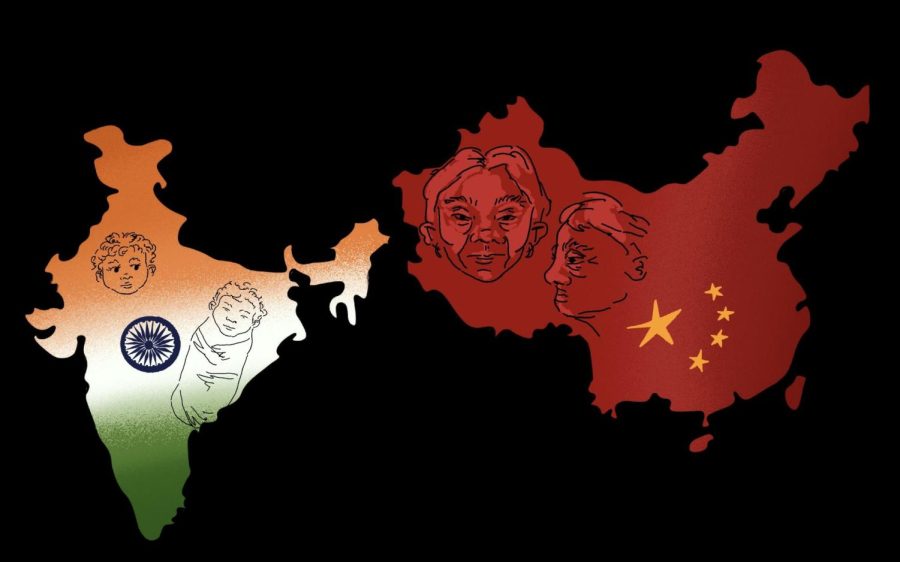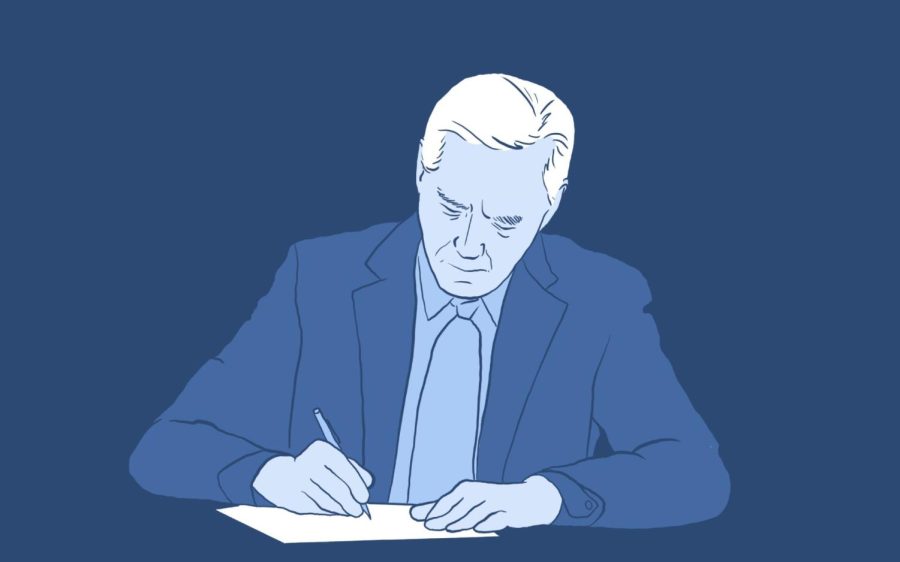Protesters outside of Turkey’s parliament building in Ankara Jan. 9 were met with tear gas, pepper spray and water cannons from squads of police. The activists’ goal: to show their opposition to a controversial amendment currently being debated by the parliament that, if approved, would greatly expand the powers held by Turkish president Recep Tayyip Erdogan.
Supporters of the bill claim that a more concentrated executive government will save the nation from increasing instability and terror attacks. The opposition says that not only will it jeopardize the nation’s bid for membership in the European Union, but that such power will be in the hands of a potential tyrant.
The ruling Justice and Development Party, known by the initials A.K.P first proposed the amendment. Included in the legislation are changes that amount to increased influence for the president in political and economic affairs.
“The primary aim of this proposed constitutional amendment is to give one person, the president, all of the power and authority,” Asli Bursalioglu, a Turkish exchange student at DePaul, said.
The amendment is expected to receive the 330 votes needed to pass. Currently the A.K.P. holds 355 seats.
If passed, the amendment will eliminate the position of prime minister and increase the number of members in Parliament from 550 to 600. The increase is expected to create a weaker governing body, as Erdogan will be able to appoint members without any confirmation from the Senate.
Within the amendment, Erdogan will have the power to make legislation, without parliament’s approval, as well as veto it. With no safeguards in place, Erdogan will be able to make decrees at any time and without any checks instead of laws under the proposed legislation.
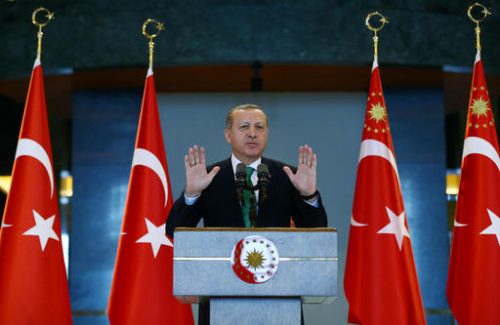
Erik Tillman, a professor of political science at DePaul, said that this proposed amendment “will not be good for Turkey. Eliminating institutional checks on Erdogan’s power means that the country’s fate will be tied to him until he does or decides to transfer power.”
The legislation is also aimed at combatting terrorism following a year of numerous attacks and last year’s failed coup, which aimed to topple Erdogan from power.
Those against the amendment strongly believe that the bill will transition Turkey’s government into a dictatorship. Many citizens see the new amendment as a way to weaken the system of checks and balances within Turkey’s government.
Mert Gursoy, a freshman at DePaul and the son of two Turkish immigrants, said the amendment “is most certainly a power grab by President Erdogan.”
Throughout the years, Erdogan has made efforts to centralize the executive government and punish citizens who attempt to speak out or act out against him. The press has been heavily censored as well as thousands of public employees with ties to the failed coup. In 2016 alone, around 100,00 public employees were dismissed for connections to opposing parties and ties to last summer’s failed coup, according to the New York Times.
In response to Erdogan’s attempts to censor those who disagree with him, on Jan. 24 the European, which is the main consultant on European Union members, suspended talks with Turkey on their European Union membership bid.
For Tillman, Turkey’s EU membership bid has uncovered serious problems. “It’s Turkey’s occupation of northern Cyprus, its democratic shortcomings and problems with corruption.”


